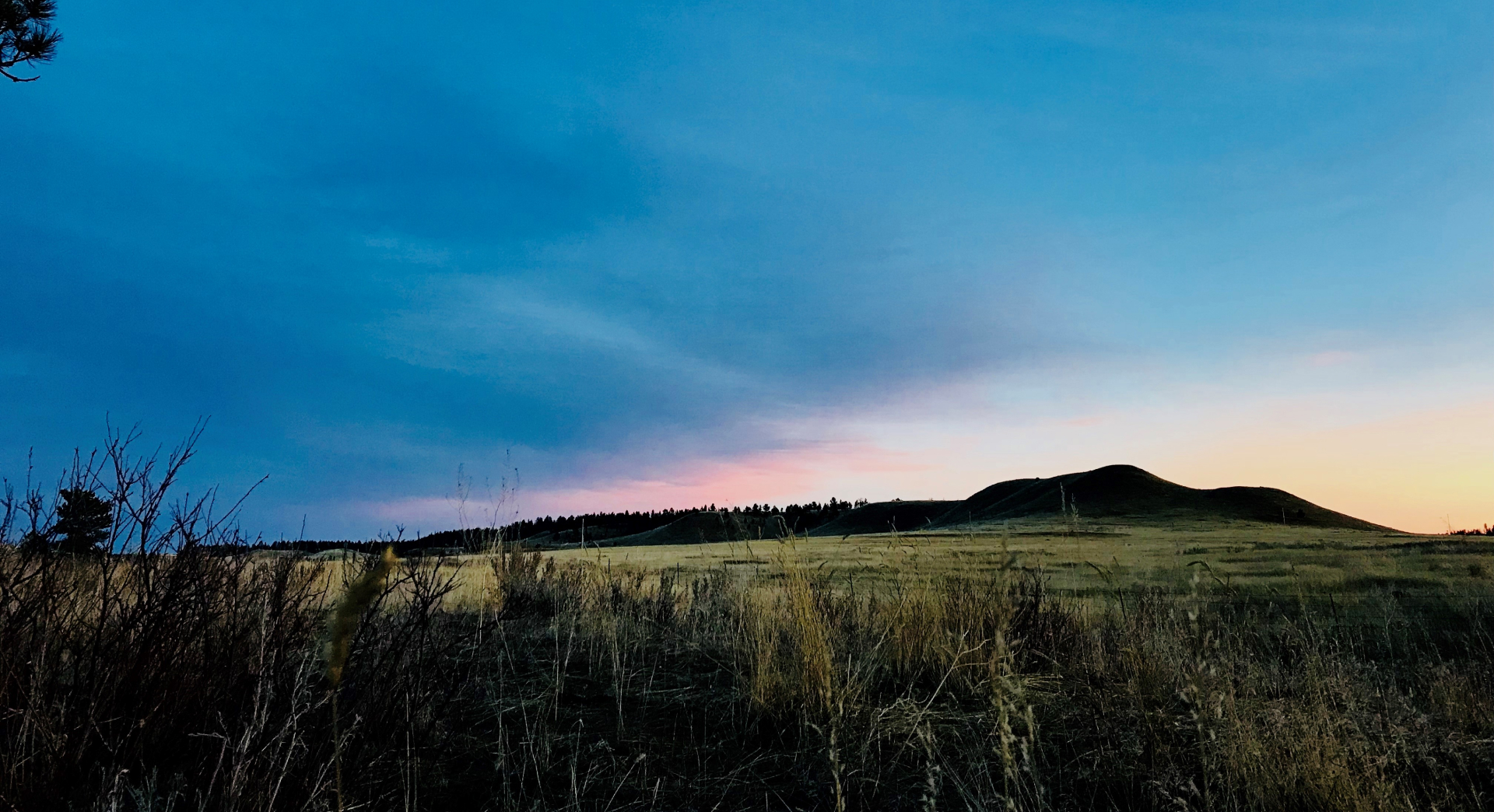
Advances in genetic technology and evidence demonstrating clinical utility of a genetic diagnosis have increased demand for clinical genetics services which are limited outside of large metropolitan areas. We hope to engage the community around regional approaches to genetics services, partnerships with local non-genetics providers and innovative service delivery models. Wide Open Spaces aims to give a voice to patients, their families, and other individuals who may be affected by rare disease.
Join us in beautiful Montana, the fourth largest state in the US with significant geospatial challenges yet a long-standing clinical genetics history. Let’s explore innovative models to provide genetic services, building the networks and pathways to expand access to genetic care within local communities.




Chief Medical Officer Genetics, Shodair Children’s Hospital
Genetic Counselor, Geisinger Health System
Clinical and Biochemical Geneticist at Children's Hospital Colorado
Neonatologist and Clinical Geneticist at Boston Children's Hospital
Clinical Director of the McKusick-Nathans Institute of Genetic Medicine at Johns Hopkins University School of Medicine
Lead Oncology Genetic Counselor at the St. Luke's Cancer Institute
Center Director, Center for Precision Medicine, Utah Tech University
Director of the Skaggs Institute of Health Innovation at the University of Montana
Clinical Geneticist at Mission Fullerton Genetics Center in Asheville, NC
Physician Associate at Greenwood Genetic Center, in Greenwood, SC
Center Coordinator of the Rural Institute at the University of Montana
Chief Medical Officer Genetics, Shodair Children’s Hospital
Senior Genetic Counselor, Shodair Children’s Hospital
A moderated session with families and patients telling their stories about genetic diagnoses, experiences, challenges, and helpful resources.
5 to 10-minute presentations by statewide resource providers such as Disability Rights, the Montana Empowerment Center, Mountain States Regional Genetics Network, and others. An opportunity to submit written questions to be answered and returned after the day’s events.
Buffet lunch will be provided. Families are also encouraged to use this time to visit the Great Northern Carousel and Exploration Works science museum at no cost for attendees. Both are located next door to the hotel.
A moderated panel discussion with representatives of organizations that provide support for early childhood interventions, school-aged resources, and transition to adulthood for patients with special needs.
Center Coordinator of the Rural Institute at the University of Montana
Shodair Chief Medical Officer of Genetics
The Johns Hopkins University School of Medicine
Loeys-Dietz syndrome patient
The film is an unfiltered glimpse into the lives of parents caring for children and adults with disabilities or complex medical needs and opens the discussion about what support is needed in our community.
A portion of the UNSEEN documentary viewing fee is supported by Mountain States Regional Genetics Network (MSRGN) Montana State team which is supported by the Health Resources and Services Administration (HRSA) of the U.S. Department of Health and Human Services (HHS) as part of an award totaling $600,000.00 with 0 percent financed with non-governmental sources. The contents are those of the author(s) and do not necessarily represent the official views of, nor an endorsement, by HRSA, HHS, or the U.S. Government. For more information, please visit HRSA.gov